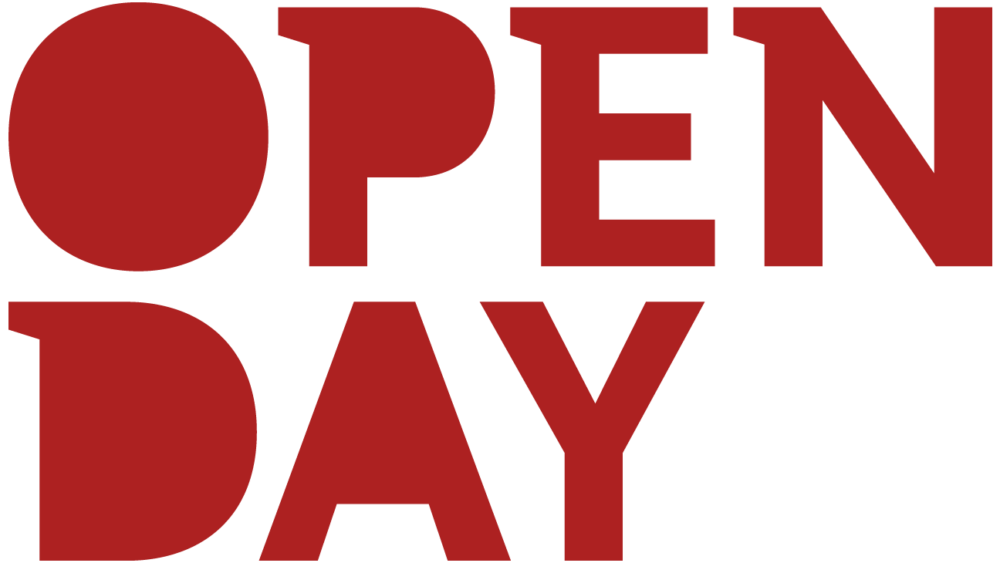Yes, universities and colleges are extremely keen to meet students and parents alike.
And, they’ve got plenty to show off.
But, it can be quite a maze to work out where, when and what, so, with all of that in mind, I have put together a bunch of things that I think will help you get the most from university and college open days.
Here’s my 10 (and a bit) top tips for your best ever open day!
1. Work it out before you go
Standing at the gates of the university and hoping you’ll find your way on the day is scary business. Going with a sense of direction, an idea of what you’re interested in is essential. If you’re still in the NO IDEA camp, then this will get you started.
The question we love to hate – what do you want to be when you grow up?
Start here!
2. Get the dates into your calendar
Unis are keen to have you on-campus. Each university will have their open day program available online before and after the event.
I know, from lots and lots of experience that university websites can be daunting, confusing, downright frustrating.
myfuture publishes open day dates for unis Australia-wide
Check the dates for the uni you’re interested in and visit their website, or use google, and get the dates into your calendar.
CAN’T MAKE IT TO OPEN DAY?
There’s lots of reasons why people can’t make it to open days but don’t let that stop you getting the info you need. Universities regularly hold campus tours and special events for students. Get in touch with the Future Students team via the Open Day page and they’ll let you know of their other tours and events.
3. Prepare to be dazzled
Open days are pretty flash affairs. There’s a lot going on; a lot to figure out.
So, jump online and look for the open day program. You can download it, book in for lectures and info sessions, when specific tours are being held, and best places for lunch.
Most unis have an app or planning page for the open day. You need this!
Another big thing: book your place in the seminars! Get in as early as you can to make sure you get in.
4. One more prep step
Do some homework before you get there: get a university prospectus from your school Career Advisor, or online, and read up on the courses. From there, you can go to the Faculty web page and have a good look at the courses, find out what you’ll be studying.
Have a look at the staff page, it’s likely you’ll meet some of those people at the day. Read their bio and be informed. It’s a personal touch.
5. OK – you made it!
It’s open day. You’ve got your plan. You’re into lectures, taking tours, chatting with enthusiastic students, eating all the sausage sandwiches you could ever wish for but you’ve got questions that need answers.
Find the Faculty or Department stand and get in line. If you’ve done your homework, you’ll be coming up with some good questions.

One of the big ones for me is, “Where do your graduates go?” Are there jobs at the end of the degree? Listen out for the answer and then do your own research.
Another question, “What are the professional learning opportunities in the course?” or “Do I get to do work experience in this course and how does that work?” (of course you can work this out in other ways but it’s good to hear it from the horse’s mouth). Make sure you chat to some students too. Their experience and insight is invaluable. They will tell it like it is for them, and be happy to share the good things (and hard things) they’ve experienced.
6. It’s not all about the ATAR
Don’t forget to talk about ways to get into the course. Unis have all sorts of pathways so find the pathways info out from them. The Future Students team will be active and ready to advise you on how to, where to, and when.
7. Getting serious
Take a pen and paper (actually, just take a notebook, you’re bound to come home with a dozen pens). Write stuff down. Write down your impressions of the campus, the people you met. Can you imagine yourself there? Write down anything that really spoke to you – good or not so good!

8. Pros and Cons
Write up your pros and cons for the course and the uni. Match your answers against criteria such as, course and what you actually study. Course outcomes – what will the courses you study prepare you for in the future?
Other considerations. Close to home? Course costs? Extra costs? Opportunities to do more during your study i.e. overseas exchange. And all the things that are important to you and your family.
9. Decision making
Dig around on the uni website to find the course handbook. Once you get past the course rules, you’ll be able to see what you actually study. This is often overlooked by students so take the time to get into the course details.
10. Finish well
Use your open day visits as motivator to get through the rest of Year 12. In a year from now … that will be you at uni. BUT, you need to finish well where you are now. Focus, do your best. Finish well.
10. and a bit. Get help
Lots of people are on your team. At school, Career Advisor and teachers, your parents. Talk to them.
And if you need a bit more of a hand, I’d love to help.
And let me know if you need a hand – always happy to help.
Pamela Ledley [email protected]
One more things to add, going from school to uni or college isn’t the only pathway you can take. Look out for pathways via apprenticeships, traineeships, and vocational education.


Comments are closed.